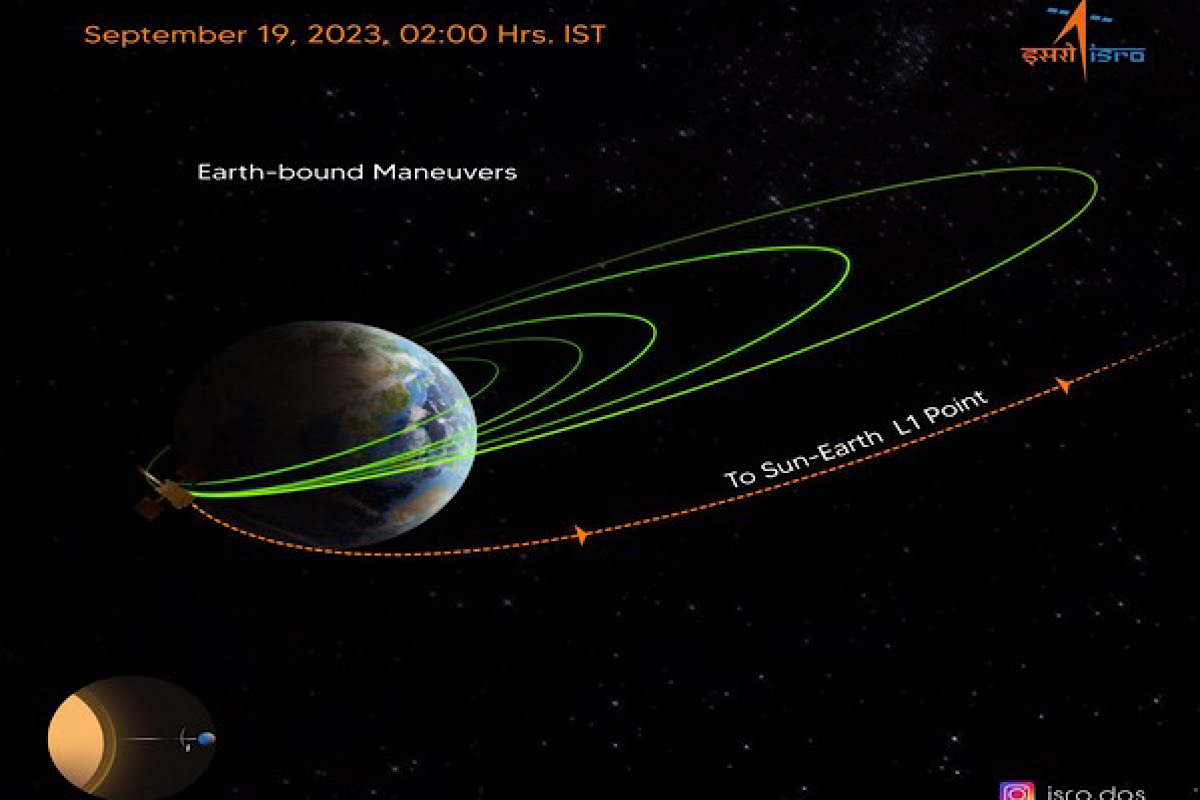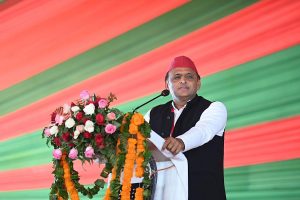The Indian Space Research Organisation (ISRO) on Tuesday notified that its maiden solar mission — Aditya-L1 — has performed the Trans-Lagrangean Point 1 Insertion (TL1I) manoeuvre successfully and the spacecraft was now in a trajectory that will take it to the Sun-Earth L1 point.
ISRO also informed that it marked the fifth successive time and the ISRO had successfully transferred an object on a rotation toward another celestial body or location in space.
A post on the ISRO official handle on social media platform X read, “Aditya-L1 Mission | Off to Sun-Earth L1 point | The Trans-Lagrangean Point 1 Insertion (TL1I) manoeuvre is performed successfully. The spacecraft is now on a trajectory that will take it to the Sun-Earth L1 point. It will be injected into an orbit around L1 through a manoeuvre after about 110 days. This is the fifth consecutive time ISRO has successfully transferred an object on a trajectory toward another celestial body or location in space.”
After launching Aditya-L1, the primary objectives of India’s maiden solar mission include collecting scientific data and marking another milestone in India’s solar exploration efforts.
The agency had earlier posted on X, “Aditya-L1 Mission: Aditya-L1 has commenced collecting scientific data. The sensors of the STEPS instrument have begun measuring supra-thermal and energetic ions and electrons at distances greater than 50,000 km from Earth. This data helps scientists analyze the behaviour of particles surrounding Earth. The figure displays variations in the energetic particle environment, collected by one of the units.”
The Supra Thermal and Energetic Particle Spectrometer (STEPS) instrument, a part of the Aditya Solar Wind Particle Experiment (ASPEX) payload, also started its data-gathering operations earlier.











